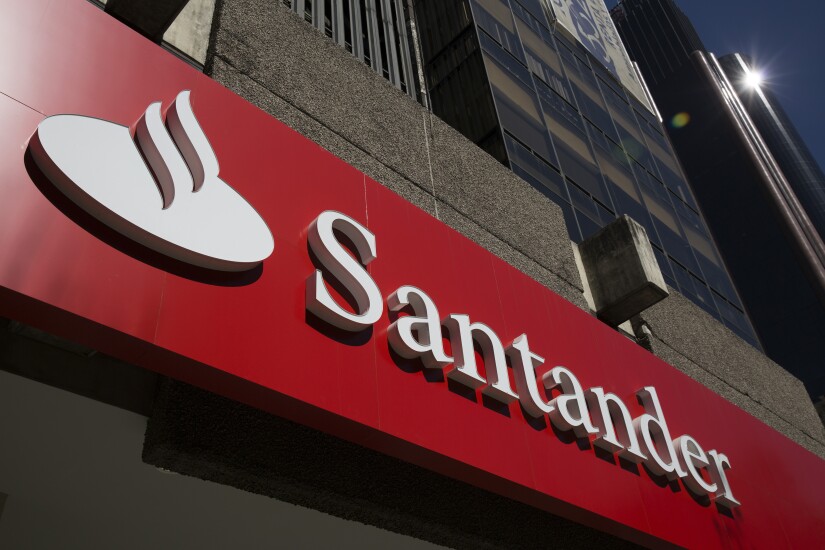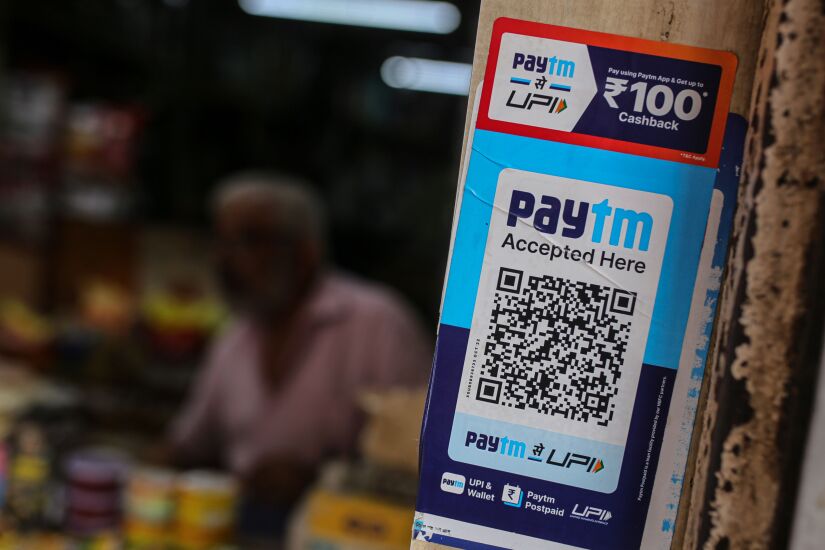Paytm warned of job cuts and said it would trim non-core assets after reporting its first sales decline on record, reflecting fallout from a regulatory probe that curtailed much of the Indian fintech pioneer's business.
Once a role model for India's nascent startup economy, Paytm's net losses swelled several-fold to 5.5 billion rupees ($66.1 million) for the three months through March. The company known as One 97 Communications reported a 2.6% slide in revenue to 22.7 billion rupees — the first drop since its 2021 stock-market
debut. But it said it now aimed to streamline the organization, cut employee costs and "prune" non-core businesses. The company's shares climbed as much as 2.8%, reversing earlier losses.
Paytm, founded by then-celebrated Indian entrepreneur Vijay Shekhar Sharma in 2010, is struggling to recover after a finance watchdog in January ordered a key banking affiliate to wind down. The restrictions dealt a blow to Paytm's reputation and prompted speculation that customers could defect to rivals such as Walmart Inc.'s PhonePe.
On Wednesday, Paytm said it was profitable before interest, taxes, depreciation and amortization, and before taking employee incentives into account. It warned that revenues should slide further to 15 billion to 16 billion rupees in the June quarter, though it expected "meaningful improvement" thereafter.
Paytm, which also competes with financial services offered by Amazon, Google and billionaire Mukesh Ambani's Jio Financial Services, is trying to put its regulatory issues behind it.
Its shares have lost half of their value since the government ordered Paytm Payments Bank, which processed transactions for Paytm, to halt its key operations, citing non-compliance. The banking affiliate known as PPBL isn't controlled by Paytm, though it is part of founder and Chief Executive Officer Sharma's fintech empire.
Sharma has since moved swiftly to steady the ship by forging new
partnerships with some of India's top lenders including Axis Bank Ltd., HDFC Bank Ltd. and State Bank of India Ltd. The alliances will help Paytm power instant money transfers for customers by linking banks with its fintech app. Paytm previously used its bank affiliate to run its digital wallets and payments traffic.
The firm is also using partner banks for clearing merchant transactions. —
Sankalp Phartiyal, Bloomberg News 











